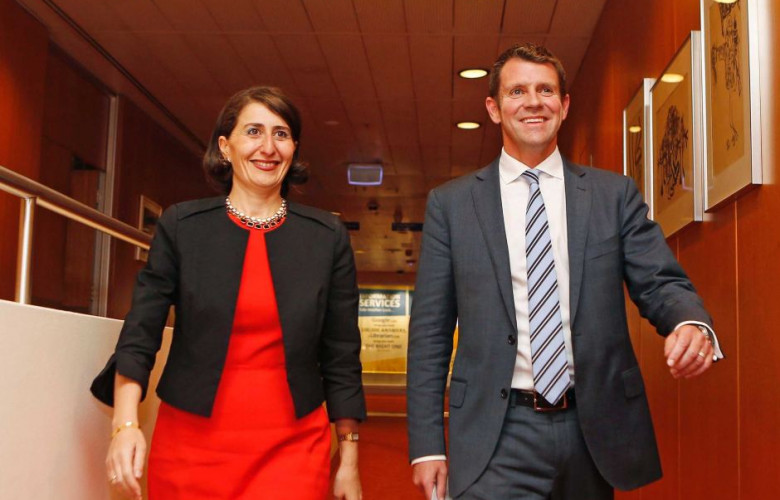Baird's property legacy
Contact
Baird's property legacy
NSW premier Mike Baird's surprise resignation yesterday draws a line underneath a tenure notable for its major infrastructure projects.
Mike Baird came into politics saying he wanted to "make a difference". In his ten years in politics, and particularly in his three years as premier, Baird was a significant arbiter of change in New South Wales, leaving the state the best performing in the nation, but also opening him up to fierce criticism.
In his resignation speech, Baird talked up his economic successes.
New South Wales "now has the strongest economic growth, it has got the strongest jobs growth, it has got the strongest and highest housing approvals in the nation, and the lowest unemployment rate," he said.
Early in his premiership, Baird forced New South Wales council amalgamations, a process that remains bogged down in litigation and opposition.
Major infrastructure projects are another hallmark of his leadership.
“Infrastructure is the hallmark of the government. This state will never be the same again on the basis of what we set out to do in infrastructure", said Baird.
But major projects have been disrupted by protests. WestConnex was plagued with problems about compulsory acquisitions, costs, and concerns about the project's effectiveness. The Light Rail project in Sydney's eastern suburbs was met with fierce opposition from local residents who protested the loss of several huge, hundred-year-old trees.
Baird said his greatest regret was not tackling tax reform. In November last year, he said negative gearing should be part of the housing affordability debate.
Baird's resignation is a reminder of the "personal cost" of a political life, and the herculean task of achieving anything in Australian politics.
See also:
Baird agrees negative gearing is important in affordability debate
Proposed NSW council mergers could create winners and losers





